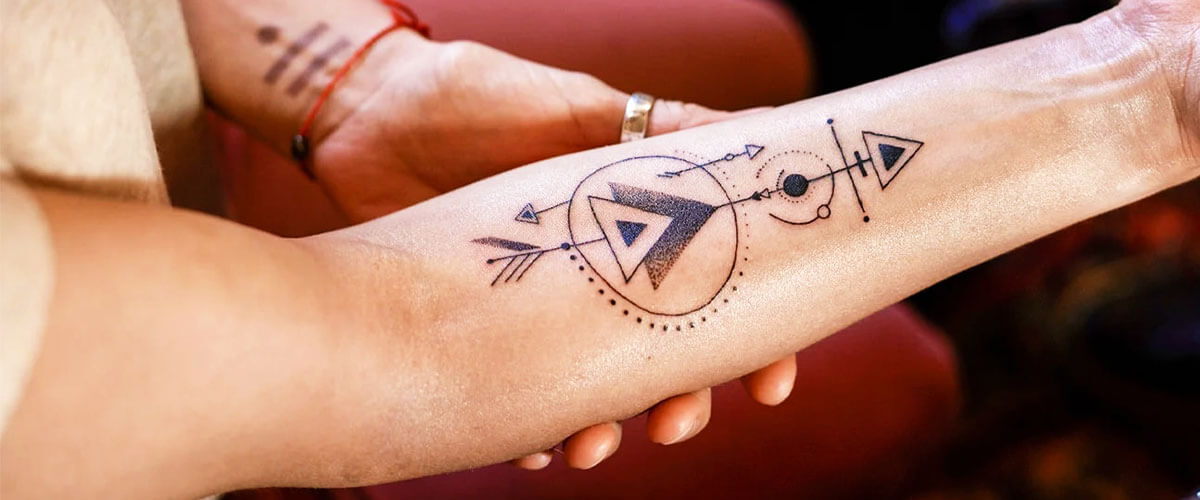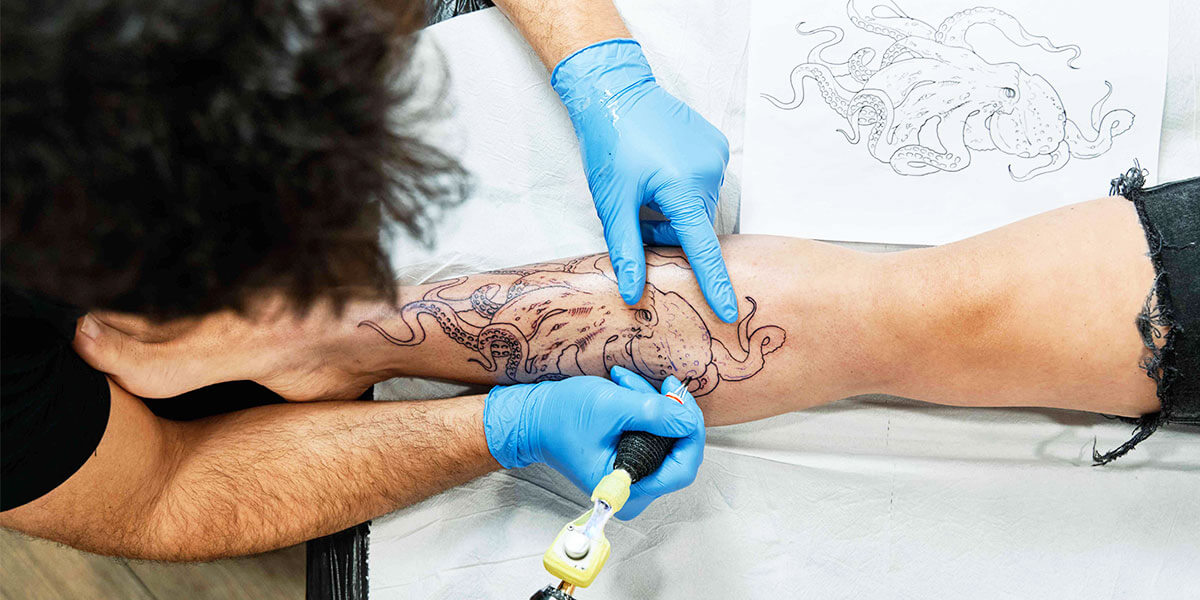When considering a tattoo, an important question sometimes arises: can you get a tattoo before surgery? It’s important to understand how this decision can impact your health, especially when a surgical procedure is looming on the horizon. Let me remind you that tattoos are not just artistic expressions but also medical procedures that involve breaking the skin barrier. That is why I am going over this issue in as much detail as possible so that you can study my material and make an informed decision.
Potential risks of getting a tattoo before surgery

The decision to get a tattoo before surgery warrants a careful evaluation of potential risks, as it can significantly impact the outcome of your surgical procedure. Similarly, the choice to get surgery after a tattoo also requires thoughtful consideration. Here, we delve into the key concerns that need to be considered in both scenarios.
Risk of infection
Tattoos inherently involve breaking the skin’s surface, which opens a gateway for bacterial infections. This risk is heightened when the body is preparing for or recovering from surgery. Surgical procedures require a sterile environment to minimize infection risks, and a recent tattoo can disrupt this balance. Bacteria introduced through tattooing can lead to complications, potentially affecting the success of the surgery and prolonging recovery times.
Delayed healing
The body’s ability to heal post-surgery can be significantly influenced by the presence of a fresh tattoo. The healing process of a tattoo is quite complex and requires the body’s immune system to work extensively to repair the skin and deal with the ink pigments. If you undergo surgery soon after getting a tattoo, your body’s healing resources are divided between recovering from the surgical procedure and the tattoo, potentially slowing down the overall healing process.
Allergic reactions and ink interaction
While rare, allergic reactions to tattoo inks can occur. These reactions can range from mild irritation to severe complications that require medical attention. During surgery, the body is already under stress, and an unexpected allergic reaction can complicate anesthesia or other medications used during the procedure.
Timing and tattoo healing

Understanding the healing process of a tattoo is important, especially when considering the timing before a surgical procedure. One common question is whether it’s advisable to get a tattoo a month before surgery. The healing stages of a tattoo and its typical duration play a significant role in planning the ideal timing for both the tattoo and any upcoming surgeries. Therefore, I will elaborate on this topic in more detail.
Tattoo healing process
- Initial healing phase
The first stage begins immediately after getting the tattoo. This phase, lasting about a week, involves oozing, swelling, and redness as the skin reacts to the ink insertion. Proper care during this phase is important to prevent infection. - Intermediate healing phase
In the next couple of weeks, the tattoo starts to itch and peel. This is a sign of the body’s natural healing process. The skin regenerates, and the upper layers, damaged during the tattooing, begin to flake away. - Final healing phase
This stage can last from a few weeks to a few months. The tattoo’s appearance stabilizes, and the deeper layers of the skin continue to heal. The ink settles fully into the skin, and the tattoo’s final look emerges.
Tattoos and healing over time
The ideal timing for getting a tattoo before surgery largely depends on the type and extent of the surgical procedure. Generally, it’s advisable to allow a tattoo to fully heal before undergoing surgery, which can take several months. This time frame ensures that the body’s healing resources are not divided and reduces the risk of complications.
For minor surgeries, a healing period of at least 2-3 months for the tattoo is recommended. For major surgeries, especially those involving extensive tissue manipulation or immune system concerns, a longer interval, possibly 6 months or more, may be necessary. Individual factors such as age, skin type, and overall health also influence healing times and should be considered when planning a tattoo before surgery.
In summary, while the desire to get a tattoo before a surgical procedure is understandable, it is vital to consider the healing process of the tattoo and its potential impact on surgery. Consulting with healthcare professionals and a tattoo artist can provide personalized advice based on your specific health situation and the nature of the planned surgery.






